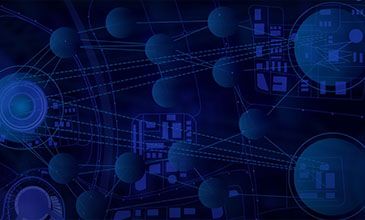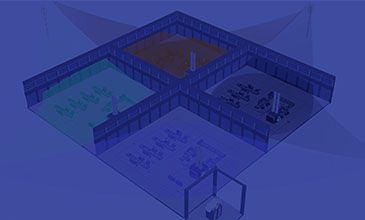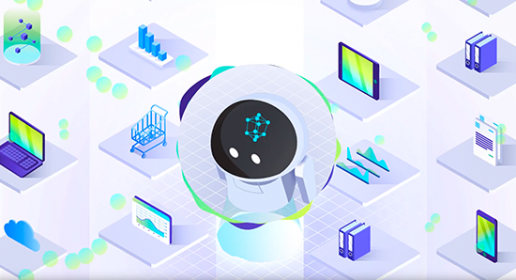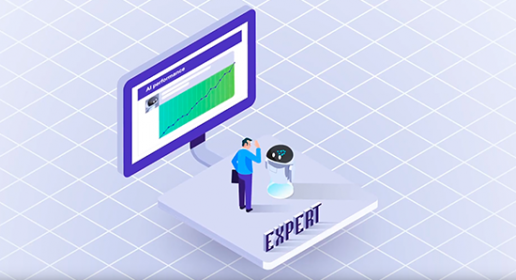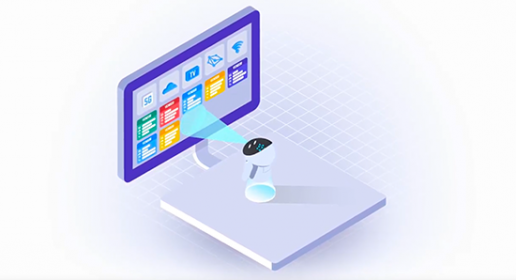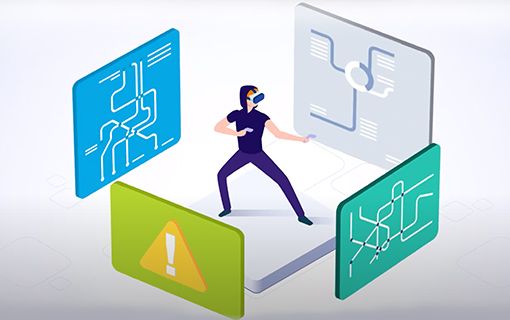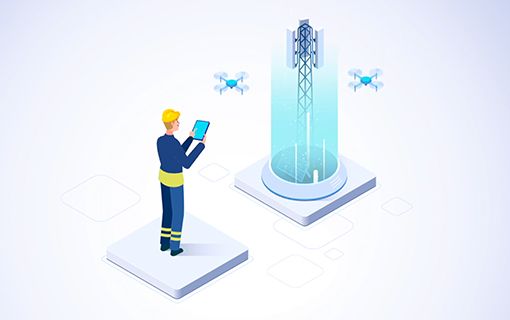The New World of the Circular Economy: What Does it Mean for Your Telco Business?
- Published
- 4 min reading

As the world and its economic, demographic and climate aspects are changing, businesses have to adapt to new, dynamic and demanding challenges almost all the time. Business is not intended to be done just for the sake of it. It does not happen in an abstract PowerPoint presentation, nice graphs or convincing growth percentages. It has very much to do with our society’s current economic models.
And right now, our society is heading towards a circular economy.
What does circular economy business mean?
As the world is filling with garbage and waste, society must create ways to use the things that no longer seem to be needed. A circular economy is the answer to that. It is an economic system based on the idea of sharing, repairing, recycling, remanufacturing – generally eliminating additional waste and reusing existing products in other or same ways. This is not just another hyped up idea. It is our future, as people and as businesses.
A circular economy is without a doubt a great opportunity for the environment, but it can also good for businesses, especially those that implement new policies quickly. Green, sustainable circular economy businesses are already gaining favor and, while today “going green” might seem an option, tomorrow it will be the only way to go.
But seriously, in the IT telecom businesses too?
Everywhere - even in the telecom products. Moving away from the classical economy concepts that our planet’s resources are unlimited and that energy is cheap and abundant, our new reality will oblige us to rethink our behavior and habits.
In the coming era, one cannot afford to think in a simple linear way. This is not only because the young generation is building its environmental consciousness and the decision-makers expect “more”, but simply because it might not be physically possible anymore, within our world of limited resources. That’s why a socially responsible business (more pragmatically, any business that looks to the long term), needs to take sustainability into account when planning future activities.
Limited resources have to be managed much more efficiently, and new, circular business models have to be rebuilt in order to address this. Products and services will be approached from a purely rental perspective, with less or even no ownership, only usage. Rental and subscription will become the fundamental elements of every single business model. There will be a place for sustainability even in the IT industry.
What aspects of a circular business model have to be taken into account?
First, reducing the waste. This can be accomplished by simplifying the process. Less complexity means fewer clicks, and in the end lower energy consumption, which means less pollution. This is what we call technological sobriety.
The second thing that can be done is highlighting the availability of services. In order to change the mind of a user who is not already interested in sustainability, they have to be convinced that by sacrificing the comfort of the ownership they will be able to order and receive a service whenever they need it.
Other important factors lie in the context of universal or industry-agnostic products, service creation and monetization. One cannot run 30 different solutions in order to handle business. The all in one approach is more favorable, offering basic functionalities, reusable and adaptable as business concepts change, and essential services.
When will a circular economy arrive?
Are we there yet, or is a circular economy business model still a long way off? It could be said that both statements are true. On the one hand, there are more and more sustainable green businesses, while on the other there is no shortage of skeptics in any industries. What we know for sure is that we want to be part of the circular economy.
If you’re interested in how we apply sustainable, circular policies to our products, check out Comarch Cloud Subscription Billing.
